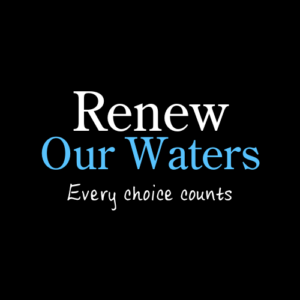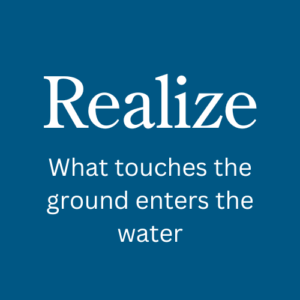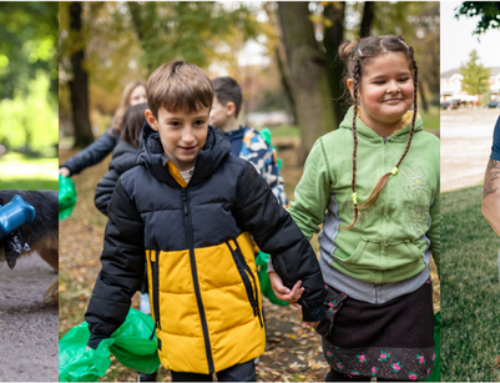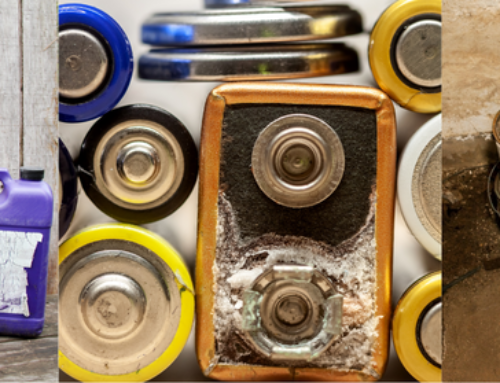
Carpet Cleaning
To keep our waters clean, keep your dirty water out
Nothing feels better than walking across clean carpet, except maybe wading through clean water on a warm summer day. Unfortunately, far too often dirty wash water from carpet cleaning is dumped down the driveway and finds its way through the storm drain system to our local waters. Disposing of these materials into storm drains causes serious ecological problems and is PROHIBITED by law. By following the tips on this sheet, you can clean your home and keep our local waters clean too.
DISPOSE OF WASTEWATER PROPERLY
Wash water from carpet, drapery or upholstery cleaning must be discharged to a sink, toilet or other drain connected to the sanitary sewer system. Never discharge to a street, gutter, parking lot, ditch or storm drain. This applies even when you use cleaning products labeled “nontoxic” or “biodegradable.” Using biodegradable soap does not lessen its immediate environmental impact – it simply means that the soap will degrade in time.
FILTER WASTEWATER
Before dumping your dirty water into the sanitary sewer, filter the water to make sure that any fiber or debris does not go down the drain. Debris in the wash water can clog the pipes. Dispose of the filtered material in the garbage, provided that the carpet was not contaminated with hazardous materials.
HIRING A PROFESSIONAL CLEANER
Check with the carpet cleaner you hire to ensure the used wash water is emptied into a utility sink or other indoor sanitary sewer connection. Just like you, professional cleaners should never dispose of dirty water in a street, gutter, parking lot, ditch or storm drain. If you contract with a carpet cleaner regularly, arrange an appropriate location for the contractor to discharge wash water such as a utility sink, toilet or sewer outlet.
Northeast Wisconsin Stormwater Consortium (NEWSC) P.O. Box 1861 Appleton, WI 54912 l 920.851.4336
RenewOurWaters.org

Stormwater is rain or snowmelt and water from things people do, like washing the car or watering the lawn. As water makes its way to the storm drain it picks up pollutants like oil from car leaks and bacteria from pet waste. When we choose products carefully and dispose of products properly, we can greatly reduce the amount of pollution that enters our local waters through runoff.
Untreated runoff is the biggest threat to our nation’s water quality, according to the U.S. Environmental Protection Agency. Let’s make the small, important changes that will reduce that threat and improve water quality and our lives!

—

—


